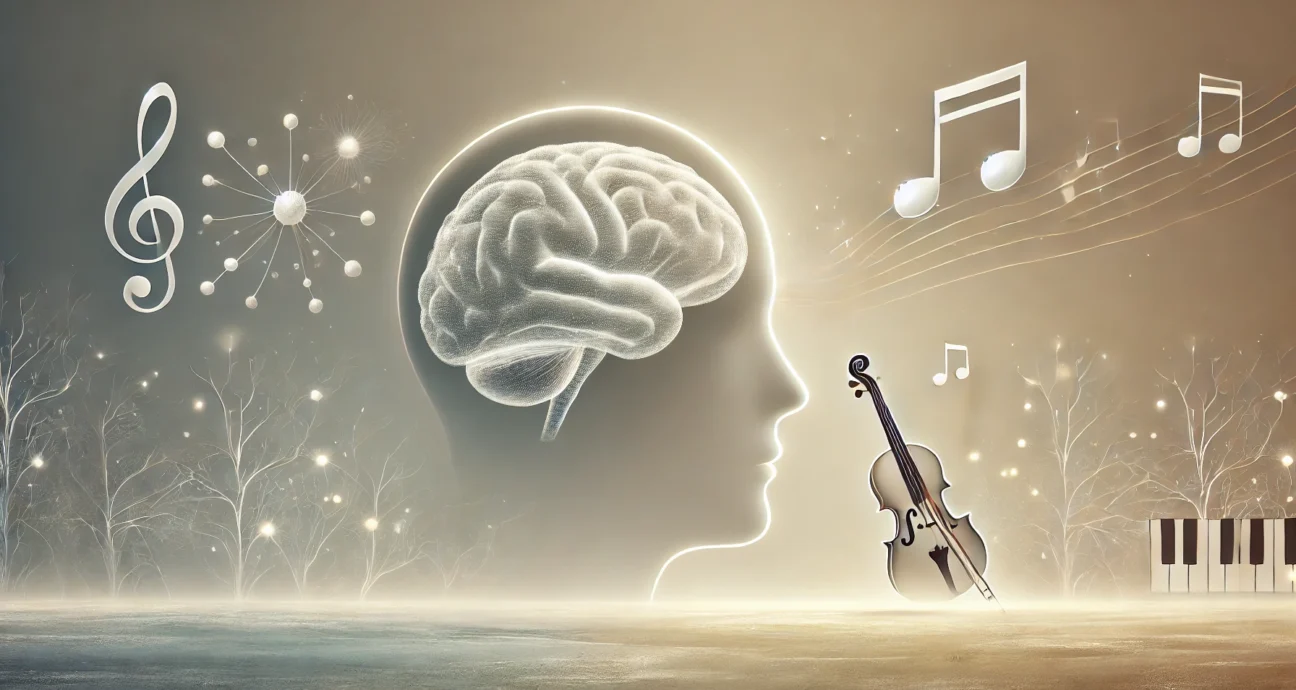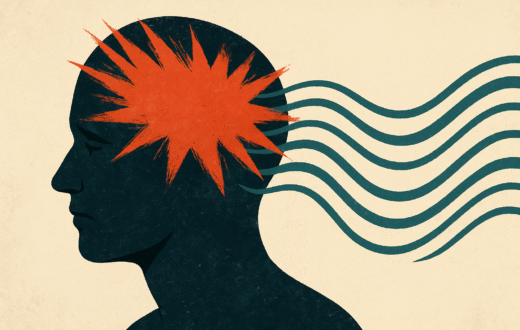Can Music Make You Smarter? Here’s What Science Says

For nearly three decades, the idea that listening to music can enhance intelligence has fascinated researchers and the public alike. It all began when Rauscher and colleagues published a landmark study in Nature, suggesting that listening to Mozart could improve children’s cognitive abilities — particularly spatial reasoning as measured by a subtest of the Stanford-Binet intelligence scale.
While later studies reproduced similar findings (albeit with smaller effects), neuroscientists today generally agree that listening to Mozart — or any classical music — doesn’t increase intelligence directly, but temporarily improves mood and arousal, leading to better cognitive performance.
In short, the so-called “Mozart Effect” is less about brain growth and more about mental alertness — people perform better when they’re more engaged.
Music and Memory in Alzheimer’s Patients
Recent research has shifted the focus from children to elderly populations, particularly those with dementia. A 2018 review in the journal Dementia & Neuropsy
Chologia, covering 24 studies, found that listening to familiar music can significantly improve mood and memory in patients with Alzheimer’s disease. Scientists believe that musical memories are often preserved even in advanced stages of dementia, and activating these memories can help unlock related emotional and cognitive responses.
These results were supported and expanded in a 2021 study led by Dr. Michael Thaut at the University of Toronto, published in Alzheimer’s Disease Journal.
Playing Music vs. Listening to It
While listening to music can offer temporary cognitive benefits, what about playing an instrument? Research suggests that playing music — especially when learned and practiced regularly — can lead to long-term structural and functional changes in the brain.
A review by Rodrigues et al., also in Dementia & Neuropsychologia, titled “Musical Training, Neuroplasticity, and Cognition”, found that learning to play an instrument leads to the development of brain regions involved in music perception and motor control — such as the corpus callosum, cerebellum, hippocampus, and temporal cortex. These effects are most significant when training begins early, but notable increases in brain tissue volume have also been observed in adults who started playing later in life.
Moreover, trained musicians consistently outperform non-musicians in cognitive tasks involving spatial reasoning and visual memory. While the nature vs. nurture debate remains — are musicians born smarter, or does musical training make them smarter? — longitudinal studies by Dr. Lutz Jäncke at the University of Zurich suggest that these brain and cognitive changes are indeed a result of consistent practice, not just genetics.
Keep Challenging Your Brain
Before you rush to pick up an instrument, here’s one more insight. According to Dr. Lawrence Katz, author of Keep Your Brain Alive, you shouldn’t limit yourself to just one instrument. To maximize cognitive growth, you need to constantly introduce your brain to new challenges — for example, learning new and unfamiliar instruments regularly. This continuous stimulation supports ongoing brain development and adaptability.
Dr. Katz compares the brain to a muscle: lifting the same weight over time only builds strength to a point. Similarly, your brain needs variety and increasing difficulty to keep growing.
Yes, it sounds like a lot of work — but growth rarely happens in comfort zones, does it?





